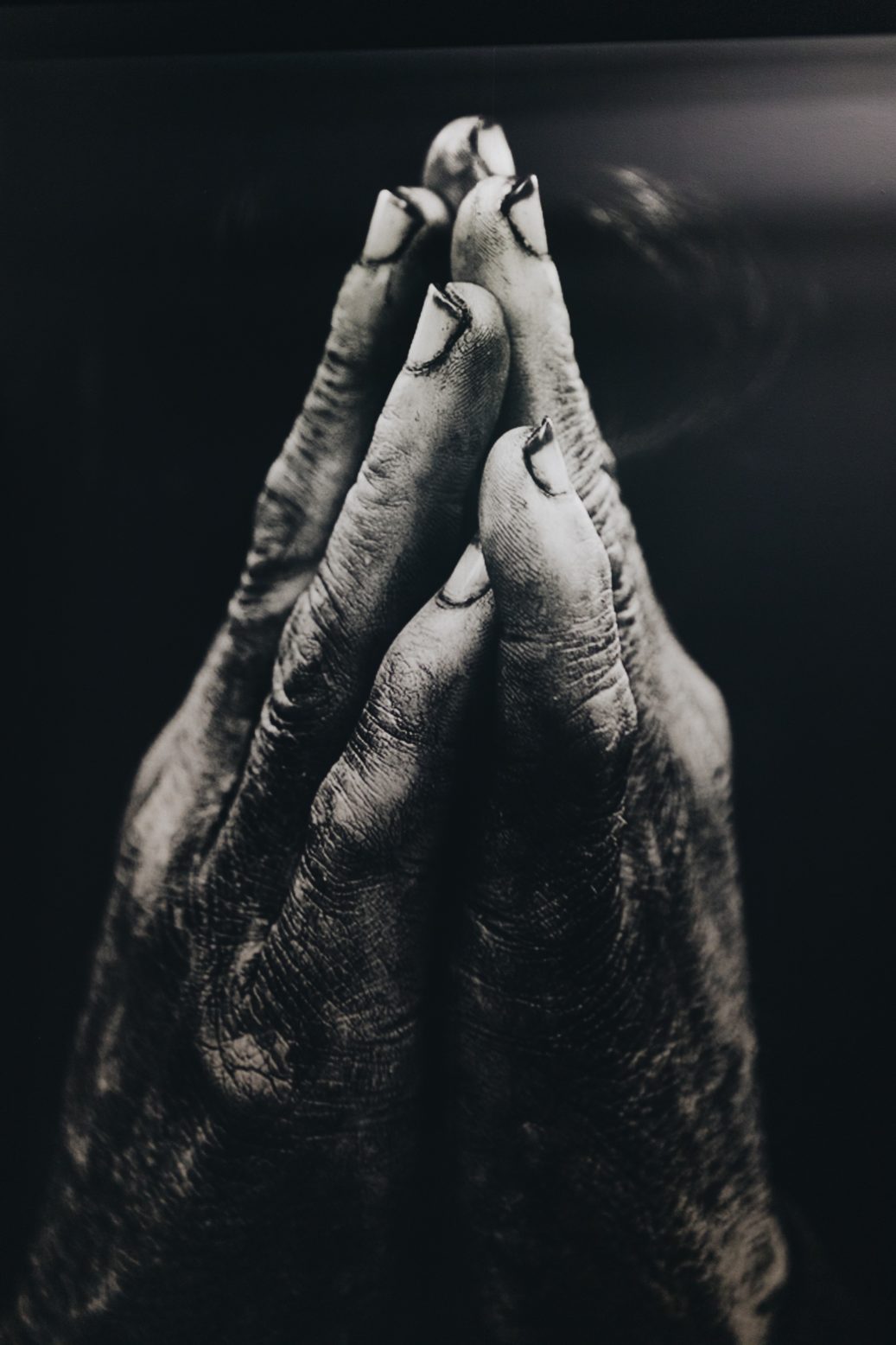It’s easy to get upset and judge a person based on that one thing that hurt you. The one time you crossed paths, and it wasn’t pretty. The one action that made you mad.
The other day, I saw a lady walking through our neighborhood. She was so drunk she could barely stand. You could see her staggering down the sidewalk as she got closer. Sadly, this is a fairly normal occurrence in the part of town where my family lives.
Despite being completely intoxicated, she was still somehow able to stumble over to one of the young trees in my front yard. I planted that maple tree and a couple of others a few summers back. She grabbed it to keep herself from falling, the tree bending until she was able to regain her balance. Once she was steadier on her feet, she apparently decided to break the tree off—or at least try her best. She pulled on the skinny trunk with all her might, using her entire body weight, swaying back and forth as hard as she could.
She bobbed and weaved like some kind of MMA fighter, twisting and pulling that little tree, trying to break it and beat it up. She was going full “George Washington” on it, trying to chop down my cherry tree. And me? I was mad!
Typically, my heart hurts for the people who frequently stumble down our neighborhood sidewalks. I’m quick to say hello and show kindness, but not this time. As I watched her yank and swing on my tree through my living room windows, my blood boiled.
Why is this drunk lady trying to kill my tree?!
I ran outside. Part of me wanted to yell, even throw something at her to get her to quit vandalizing my property. But before I could, she stumbled away. I still didn’t feel sorry for her. At all. The only thing I felt was anger.
Get away from my tree, drunk lady! And don’t come back!
Judging, based on one thing that hurt you, is exactly what I did that day with the lady who tried to body slam my tree. I let her one action not only impact how I saw her, but also for a few hours, it impacted how I saw a whole group of people: the people in my neighborhood.
Ever done that? Ever based your thoughts on a group of people by the actions of one? Ever generalized? I was angry at all my neighbors who, in my irrational view, were messing up the neighborhood.
One lady attacking my tree doesn’t mean all my neighbors go around MMA-fighting other people’s trees. Instead, the majority are like a man named Laurent, another neighbor whom I met the same day as the tree mauling.
My daughter, Grayson, and I decided to walk around the neighborhood and pick up trash (we’re weird, I know). Laurent stopped us in the middle of our trash pickup to comment on the simple beauty of what we were doing. He appreciated the beauty of picking up trash, reminding me of what wonderful people my neighbors really are.
When we practice a love that doesn’t generalize, we end up seeing people for who they truly are, not who we assume they are. Life (and people!) are much more interesting this way than when we paint them with that broad brush of generalization. Generalization slowly makes us blind to people and all the unique and awesome things about them. If Grayson hadn’t broken me out of my funk that day by asking me to go pick up trash with her (yep, that wasn’t my idea!), I would have been blinded to the love so many of my neighbors, like Laurent, have to offer.
In a time when much of our culture is full of black and white overgeneralized thinking, this kind of love is radical. It sets us apart from the talking heads we see on TV and listen to online. Love that refuses to take the easy way out and truly sees others, surprises people.
Sometimes practicing a love that doesn’t generalize starts with our actions, knowing our heart will follow. I started picking up trash with my daughter, and my heart followed. My heart changed with a little – okay, a lot – of help from Laurent and my then eight-year-old daughter who’s overly enthusiastic about picking up trash.
Even if we’re not “feeling it,” often when we begin doing something for another person, our hearts will get to a place of genuinely loving people for the best they have to offer, not for the generalization we have in our heads.
Struggling to focus on the best version of people, not the worst? Remember all the times you’ve screwed up. I can look back on any given week and see all the times I’ve messed up. I only hope that people wouldn’t sum up who I am and generalize people like me (men, pastors, dads) based on the worst version of myself. Rather than believing the worst about someone, look past the surface and see if there’s something deeper going on. Ask questions. Try and find out more about a person’s story.
Refrain from generalizations and black and white thinking in general. Nobody (and no group of people) is all good or all bad. They’re almost always somewhere in between.
Laurent pointed out the love in my life that I was missing, simply because I was having a bad morning, frustrated by a random lady. He showed me that the majority of people really are good, or at least are trying to get there. We all have our weak, confused, sad, and shameful moments. But I also think we’re all capable of those mountaintop moments of love that someone will remember for the rest of their life. Moments that show us how much love really is present in the world.
Laurent’s appreciation for the simple beauty of picking up trash showed me that God can use me to love others well in any circumstance, even when I’m doing so begrudgingly. You may not see it, or even really notice, but God is using you, right now, to love other people as well.
The more we love others, the more God will shape our heart to look like his – to look for the things in others that he looks for. Love doesn’t look for our screwups. Instead, like Jesus, it notices and celebrates the very best that is inside of us.
Love doesn’t generalize. It really sees.
So should we.
About


